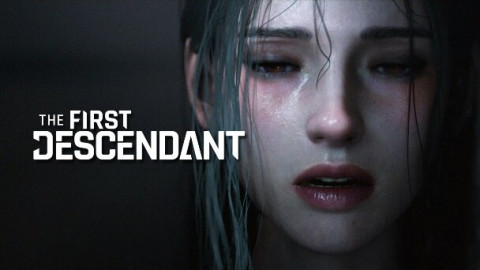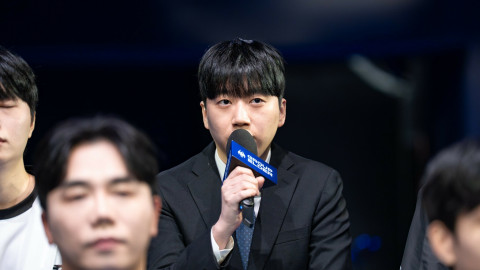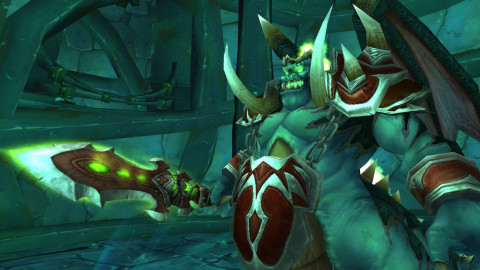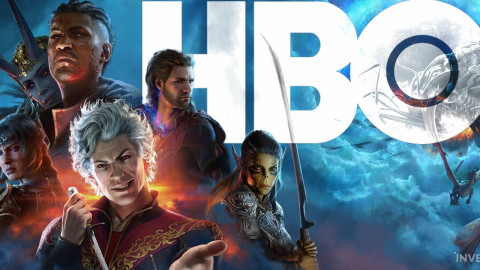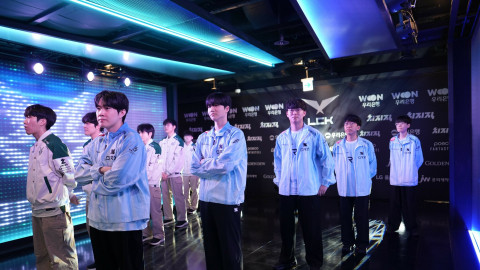
The Esports Investment Summit 2021 took place on February 25th. Along with the event's impressive keynote from Matt Kaminsky of Esports Enthusiast, the event featured a number of panels packed full of some of the foremost voices in esports today. These panels helped provide actionable insight into the esports industry to conference attendees.
For those who couldn't make it to EIS 2021, here are some of key takeaways from each panel.
Panel 1A: Rise of esports revenue streams
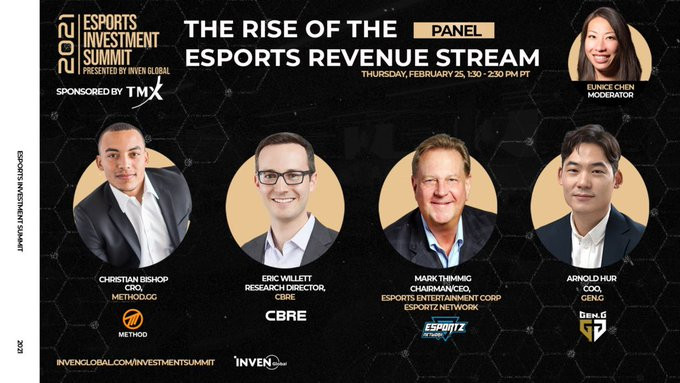
The revenue streams panel was moderated by Eunice Chen, who is the founder of Enlight and was formerly the VP of marketing for Cloud9 Esports. She also formerly worked with Riot Games as an Event Manager. She led the panelists in an extended discussion about practical esports revenue challenges, primarily focusing on what viable revenue might look like in a post-pandemic world.
Christian Bishop is the Chief Revenue Officer at Method, a global esports organization. He brought his many years of experience on the business side of esports to the panel. One of the key takeaways that Bishop offered was that Esports companies need to do a better job of creating direct business-to-consumer revenue streams rather than relying entirely on third-party partnerships. This observation led to a larger discussion about what those B2C revenue streams might look like.
Eric Sillet is CBRE's research director of thought and leadership for the Pacific Southwest division. He focused on the opportunity found in creating physical venues for esports events. Sillet pointed out that there is still a lot of energy and dollars to get those stadiums built, despite the pandemic. He also said there are a lot of unanswered questions about the esports event revenue model, but argued there is definitely a lot of potential revenue in hosting events.
Arnold Hur is the COO of Gen.G Esports and specializes in growing startups. He agreed with Bishop that esports organizations need to build a more sustainable model of monetization, and advocated specifically for using in-game rewards as a big revenue stream. Hur criticized the traditional stadium model in esports, questioning the efficacy of bringing a sports experience in esports. He later clarified that he thought there was an interesting gap in the market for "digital plus" experiences, where live event venues are built out to include broadcast audiences around the world.
Mark Thimmig is the Chairman and CEO of Esportz Entertain Corporation, a media and entertainment site operating in the esports space. Among other things, Thimmig pointed to the rising opportunity found in mobile gaming revenue.
"We are going to return to more of a mobile society going forward, after the pandemic issue." He explained. "When people are on the move, that is probably their go-to device. I don't know if it will be esports or just gaming, but I think of gaming as the big umbrella under which esports is one modest segment . . . That is why I am thinking about what the mobile strategy would be."
Panel 1B: Expanding the invitation of esports

Hosted by Nick D'orazio, director of corporate strategy at Inven Global, this panel focused on issues of diversity and inclusion in esports. More specifically, this panel looked at how the audience and revenue of esports could be expanded through more inclusive decision-making and a greater emphasis on inviting new audiences into the industry.
The panel included Gillian Linscott, community director of Queer Women in Esports. During the panel, they argued that inclusion makes sense from both a moral position and a business standpoint in esports. They pointed that games like Overwatch, which include more female and LGBTQ characters, have massive, diverse fan bases.
They also pointed out that Overwatch League failed to live up to the promise of diversity in their merchandise when the league only sold jerseys in men's cuts and didn't provide options for things like leggings. According to Linscott, and the other panelists, this was a missed opportunity to extend an invitation to a more diverse fan base and tell women that they do belong in the Overwatch League.
"I would encourage whoever is listening to open yourself up to listening to those who are trying to speak in the community," Linscott said. "Challenge yourself to be open to receiving not criticism but learning opportunities. . . The feedback you are receiving is not a personal attack, it's meant to open you up to a greater audience of people who are eager to be a part of this industry."
Aditya Ruda is the Lead Strategy Manager at Blizzard Entertainment. He agreed with Linscott, and argued against exclusion in esports, saying “the reason black women are not on stage at the Overwatch League is not a mechanical skill issue.”
Nick D'Orazio also noted that there are also racial and socioeconomic disparities in esports, pointing to a comment made by Lee Massie, executive director of Tyrus, on another panel, where he explained that esports that started on PC like CS:GO featuring less diversity than those that started on more affordable consoles like Xbox or Playstation.
Kevin Hitt is an investigative journalist with a focus on esports. He agreed with other panelists that we need to expand the invitation of esports, saying, "we need people telling stories about where players begin, where they can go, and the challenges associated with such things. . . Pitch the story of Dimes, who would literally go to local tournaments, win $50 and bring it back to his dad to buy groceries with that money. . . I want people to see that it wasn't easy for him and it shouldn't have been that hard."
The final panelist was Benjamin Goldhaber, the CEO of Juked. He said "I truly feel like we are still in the early stages of the growth of gaming culture in general. There are so many opportunities for a more diverse and inclusive industry. So many opportunities to create a better pathway to become a professional player, content creator, writer, or streamer. . . we are nowhere near where we need to be when it comes to honoring our mission and our goals of being diverse and inclusive."
“The time for the old guard to dig in their feet and not budge in terms of opening up esports to everyone is over," Kevin said near the end of the panel. "It's time for you to remove the word gatekeeping from anything that you do, and be a gate opener. That is what we need to be. It's time to expand the space, grow the space, because it only benefits every single one of us."
Panel 2A: Various types of esports start-up funding

Scott Lopez, Principal at Lopez Enterprises, served as the moderator for the esports start-up funding panel. He is a passionate investor with a lot of experience in venture capital. He led the more technical panel in discussing the various funding options for startups in the esports industry.
This panel was filled to the brim with great advice for investors and founders alike.
Delilah Panio, VP of U.S. Capital Formation at the Toronto Stock Exchange, was one of the panelists. She introduced the concept of public venture capital through the Toronto Stock Exchanges venture exchange. According to Panio, through this system, a start-up can go public earlier than in the U.S., with even some pre-revenue companies being able to go public.
David Friedman is the President of Tech Coach Angels, an angel investment firm. He is not explicitly an esports investor, but he brought a lot of broader investment experience to the panel. Among other things, Friedman discussed the gap between the age demographic of the players in esports and the investors who are much older. He argued the biggest challenge faced by startups is helping investors understand the product.
Carey Random is the founder and president of Operate, a venture studio that invests capital into tech-entrepreneurs. One of Ransom's suggestions for founders was: "Try to fund it through early revenue, and figure out how to get a customer who will pay you. That's a great validation of your business. For most businesses, that is the principle way you are going to get it funded in the early stages."
Panio agreed with Ransom, adding, "How many of these events are all about raising capital, and are not talking about funding the business through revenue, I challenge every company in the early stage to really get creative in thinking of revenue models you might not have thought of. . . I know most founders, who really understand it, really don't want that capital. They are not aligned with that capital."
Panel 2B: Identifying Health Esports Ventures
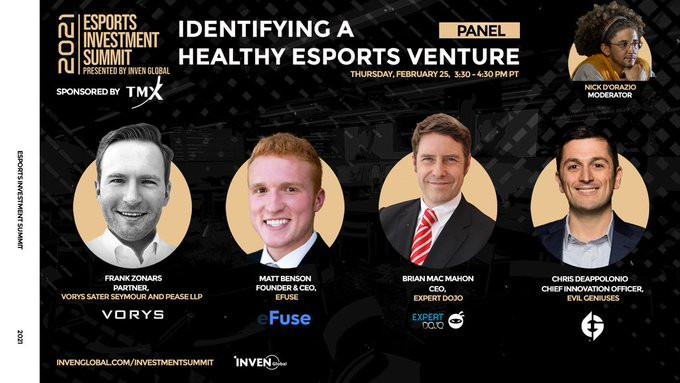
The final panel discussion was hosted by Nick D'Orazio and focused on Identifying a healthy esports venture.
Matt Benson is the founder of eFuse, which is a professional social network for esports and games. He brought his experience as a founder of a start-up to the panel. Benson said that he is looking for a good balance of esport specific skills and more traditional skillsets from outside the esports team. He said that teams that have both of those aspects are growing at a faster pace. He also said that the startup brand is a key aspect to success.
Frank Zonars is an attorney with Vorys Sater Seymore and Pease LLP. He has been involved in esports since the early 2000s and brings his legal expertise to bear for esports investors, teams, and sponsors. Zonars explained some of the best practices for startups and investors.
"I think what we need in the industry is to marry the grassroots attitude with sound business practices," Zonars said. "To me, that is one thing that makes a business stand out. In terms of the legal nuts and bolts, I think in this industry which is still young and proving itself, what I am looking for is businesses that have the legal nuts and bolts in the place to protect their revenue."
Brian Mac Mahon is an entrepreneur and investor who has owned companies in 35 different countries. He is currently serving as the CEO of DOJO. Mahon argued that from a practical side, having skills in place are important, but he said really understanding how to engage people with your team brand is key.
"You have to have grit, you can't do it with skill alone," Mahon explained. "If you get a couple of skillful folks and bring them through, maybe you can get a little money as well, that will bring you so far. But the secret to building is going for having an awesome team that breaks through and can sell anything and get loyal fans that will never leave them.
Chris Deappolonio is the Chief Innovation Officer at Evil Geniuses. He formerly served as the Houston Outlaws president, so he is a pretty significant player in the world of esports. Deappolonio spoke to the value of having a powerful brand like EG.
"From a fandom standpoint, when you are in a new industry people tend to gravitate toward the brands that stick out," he explained. "From our standpoint, the things we are doing that are gaming related set the foundation, but now we are looking at how we build out our company to have a broader base and focus on values and missions that cross over, like diversity and inclusion, or figuring out a path to pro."
In addition to the main panels, there were also several prevent panels which you can watch on InvenGlobals YouTube channel.
-

Aaron is an esports reporter with a background in media, technology, and communication education.
Sort by:
Comments :0

